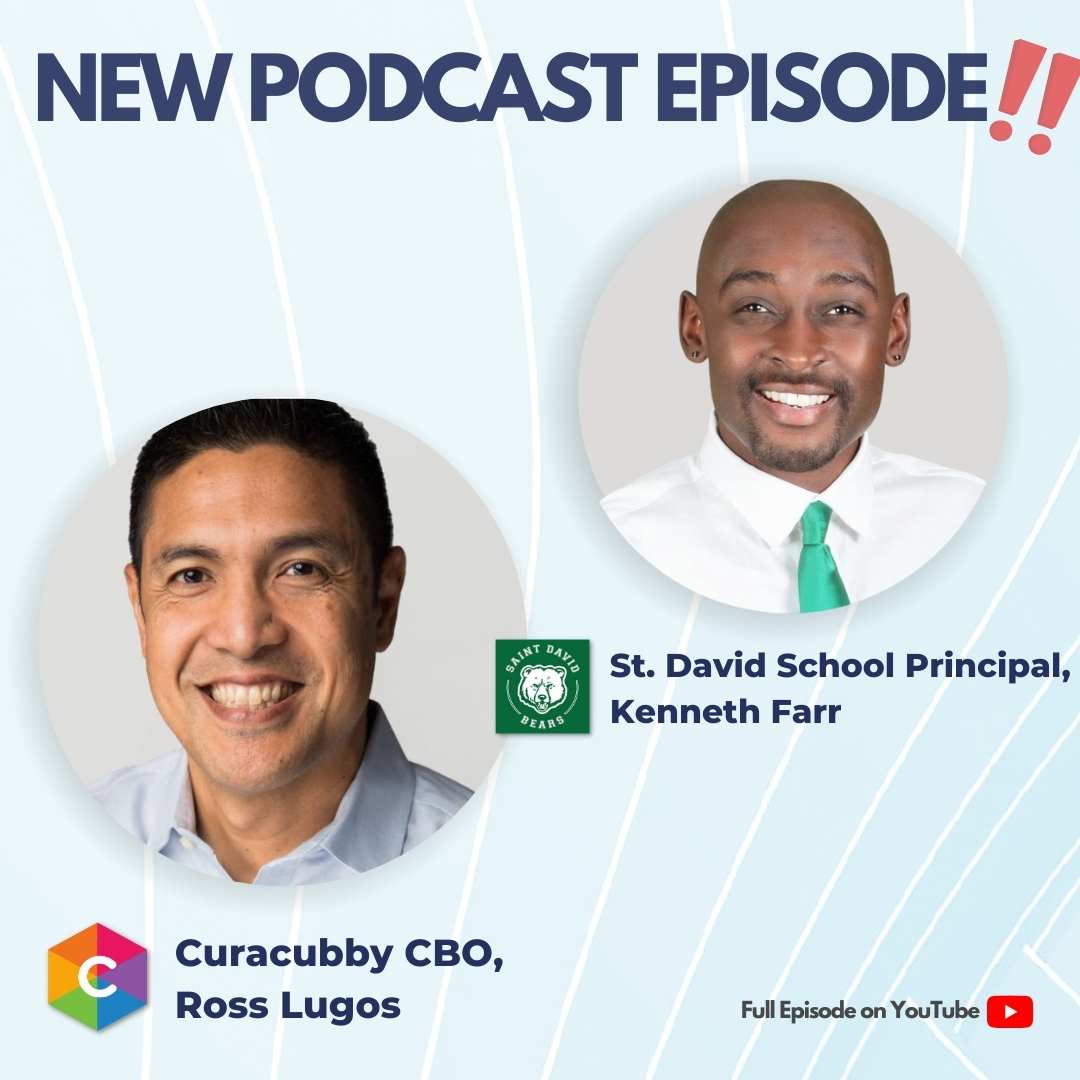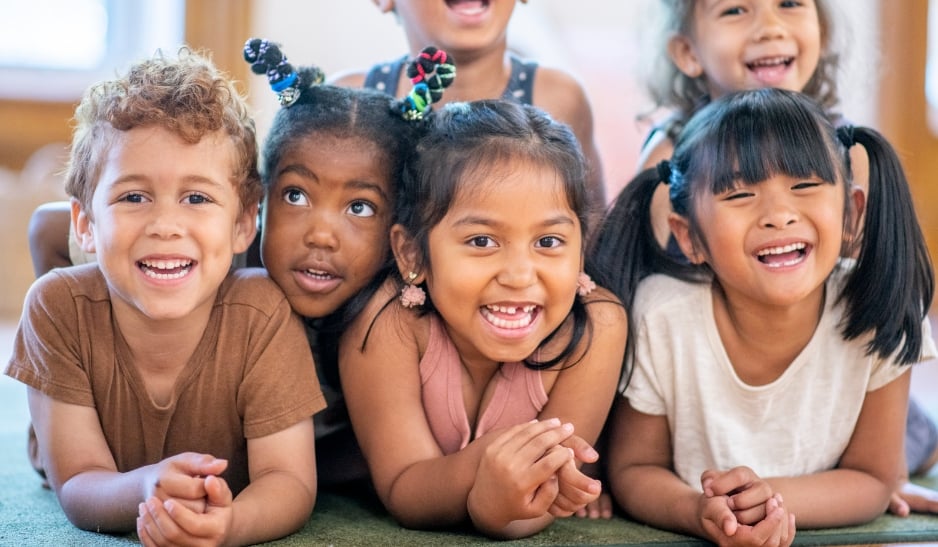5 Activities for Afterschool Programs to Explore Cultural Diversity

5 Activities for Afterschool Programs to Explore Cultural Diversity
In today's globally connected world, after-school programs play a critical role not only in academic support but also in fostering vital social skills. They offer a rich platform for broadening children's perspectives and preparing them for a multicultural environment. As educators and parents, it's our responsibility to utilize these programs for more than just homework help or recreational activities. We should aim to use these platforms to instill the essence of inclusive education in our children - the appreciation of cultural diversity. By imbibing this spirit, we empower our future generations with the ability to empathize with, respect, and accept people from all walks of life, thereby shaping a harmonious and diverse global community.
Cultivating Global Citizens: The Power of Cultural Diversity in Education and Development
Cultural diversity, the coexistence and interaction of various cultures, is a cornerstone of today's global society. As children step out of their comfort zones, they are exposed to diverse cultural experiences that stimulate their minds and enhance their understanding of the world. After-school programs provide a safe and nurturing platform for this exploration. By infusing multicultural education into these programs, we foster a sense of empathy, mutual respect, and global citizenship in young minds.
The impact of cultural diversity extends beyond global awareness and into the realm of child psychology and cognitive development. Engaging with a variety of cultures can stimulate cognitive growth, nurture critical thinking skills, and inspire creativity in young minds. Furthermore, studies have shown a correlation between exposure to cultural diversity and positive behavior support. As children learn to appreciate cultural differences, they become more accepting, adaptable, and capable of respectful communication. This form of multicultural education, when incorporated into project-based learning, can be a powerful tool in holistic child development.
By weaving the threads of cultural diversity into after-school programs, we do more than just teach our children about the world. We provide them with the tools necessary to engage, adapt, and thrive in it.
5 Activities for Afterschool Programs to Explore Cultural Diversity
In this section, we dive into five engaging activities that afterschool programs can employ to introduce children to various cultures around the globe. Ranging from arts and crafts to virtual field trips, these activities are designed to engage students in a fun, interactive manner, fostering their understanding and appreciation of cultural diversity.
1. Global Arts and Crafts
Crafts offer a tactile and creative way for children to explore different cultures. For instance, students can engage in project-based learning by creating Chinese lanterns, a tradition symbolizing hope and good fortune. They might also try making Mexican piñatas, an exciting element in many celebrations, or even attempt Australian Aboriginal dot paintings, a technique rich in symbolism and story-telling. These art projects encourage critical thinking as children research, understand, and recreate these cultural art forms, thereby promoting multicultural education in a fun and interactive way.
2. International Culinary Experiments
Cuisine forms a significant part of any culture. International culinary experiments invite children to try different flavors, learn unique food customs, and understand the cultural significance of certain dishes. This could include making sushi while learning about Japanese food etiquette or baking French croissants while discussing France's café culture. This hands-on approach encourages a love for cooking while promoting cultural appreciation, helping students develop both culinary and multicultural understanding.

3. Pen Pal Program
Writing to a pen pal in another country can be a fantastic way for children to learn about different lifestyles, traditions, and languages. This exchange promotes positive behavior support as children learn to communicate respectfully and effectively across cultural and linguistic barriers. Corresponding with a pen pal encourages students to think critically about cultural differences and similarities, fostering a sense of global citizenship.
4. World Culture Day
World Culture Day could be an annual event where students celebrate and explore cultural diversity. They can dress in traditional cultural attire, perform dances, share fun facts, or even cook a traditional dish. This fun-filled event not only promotes multicultural education and understanding but also fosters a sense of unity and appreciation within the school community, making students realize that despite our differences, we share a common human experience.
5. Virtual Field Trips
In today's digital age, technology can help students explore the world from their classrooms. Virtual field trips to world heritage sites, museums, or cultural events can provide a rich cultural experience and spark curiosity among children. This activity not only enhances critical thinking as children analyze and reflect on what they see and learn, but it also promotes inclusive education by making world cultures accessible and interactive for all students, irrespective of their geographical location.
The activities outlined provide a dynamic approach to multicultural education, integrating project-based learning and encouraging critical thinking. By implementing these activities, afterschool programs can expose children to the richness of world cultures, fostering global citizens who are empathetic, open-minded, and culturally sensitive. These experiences not only enrich their knowledge base but also broaden their perspectives, preparing them for a multicultural world.
Strategies for Implementing Cultural Diversity in Afterschool Programs
Implementing and encouraging cultural diversity in afterschool programs requires a thoughtful and inclusive approach. Schools play a pivotal role in this endeavor. The first step is for schools to actively incorporate these activities into their afterschool program curricula. This can be achieved by integrating project-based learning that revolves around cultural appreciation, from global arts and crafts to virtual field trips. This method not only fosters multicultural education but also enhances students' critical thinking abilities, as they learn to appreciate different cultures' nuances and complexities.
On the other hand, parents must also be actively involved in encouraging these initiatives. They can promote cultural diversity at home by discussing different cultures, trying out diverse cuisines, or celebrating various cultural festivals with their children. Such supportive environments at home and school can instill positive behavior support, as children learn to communicate respectfully with individuals from different cultural backgrounds. Moreover, teachers must foster an environment of curiosity and acceptance where every culture is celebrated. Overcoming potential challenges like language barriers or cultural misunderstandings requires proactive measures and open communication, all contributing towards the shared goal of inclusive education.
Conclusion
Cultural diversity in after-school programs delivers far-reaching benefits. It instills critical thinking, imbues students with a sense of global citizenship, and cultivates a rich understanding of cultural nuances. It provides a robust framework for our children to navigate and thrive in our increasingly diverse world. Curacubby shares this vision, believing in the transformative power of education that goes beyond academia and into the realm of life skills.
Our work at Curacubby is driven by the mission to support schools and parents in creating an environment that fosters inclusive education and multicultural understanding. With the collaborative efforts of parents, teachers, and institutions, we can equip our children with the tools they need to become global citizens. Let's embrace cultural diversity in our afterschool programs as a means to an end - the end being a more accepting, empathetic, and informed future generation. Remember, the road to global understanding and acceptance starts in our classrooms. And Curacubby is here to walk that path alongside you.









